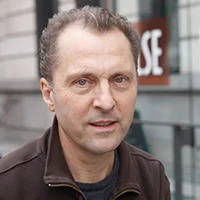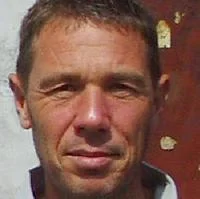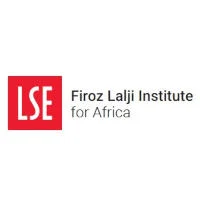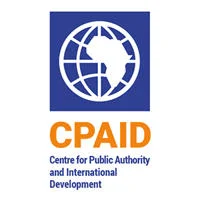Deconstructing Notions of Resilience
Exploring coping strategies and resilience in post-conflict Uganda
Principal Investigator: Tim Allen
Co-investigtor: Ryan Joseph O’Byrne
Co-investigtor: Julian Hopwood
The idea that there are socio-cultural-ecological systems that function to make people more or less able to recover from crises has intuitive appeal, and is of great importance for policy design. However, despite its potential as an explanatory concept, ‘resilience’ is a fuzzy notion that can obscure deeply problematic issues in aid delivery. It can shift responsibility onto the victims of war and crisis for their situation.
Does resilience imply that lives rapidly return to normality once the crisis is over, or that their customs and cultural practices persist following extreme shocks?
This research explored how people negotiate, experience and understand their own coping strategies and resilience, as well as how external forces and interventions contribute or detract from these. Drawing upon historical and anthropological approaches, extensive fieldwork was undertaken in three post-conflict settings in Uganda: pastoralist Karamoja; areas affected by the LRA insurgency; and West Nile, which has hosted multiple waves of refugees from South Sudan. Through focused studies of resilience in these areas, the project provided a body of work which generates fresh ideas for development theory and practice.
Researchers

Tim Allen
Professor Tim Allen is Director of the Firoz Lalji Institute for Africa.
Email: t.allen@lse.ac.uk

Julian Hopwood
Julian Hopwood has spent much of his time in Acholiland, northern Uganda since 2006. His research has focused on the reintegration of former combatants in the LRA insurgence.
Email: J.Hopwood@lse.ac.uk

Ryan Joseph O’Byrne
Dr Ryan Joseph O’Byrne holds a PhD in Social Anthropology from University College London. His current research investigates the everyday experience of authority and governance among South Sudanese refugees in Uganda.
Email: R.Obyrne@lse.ac.uk



